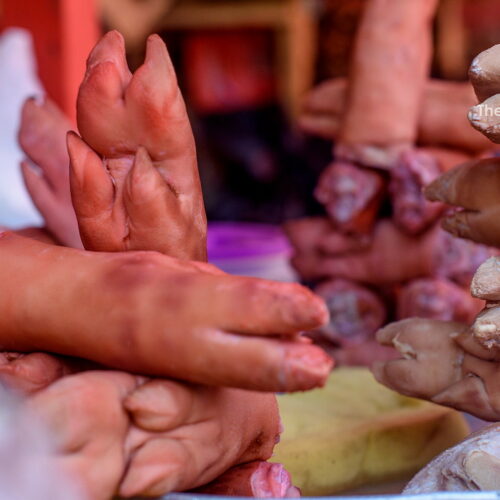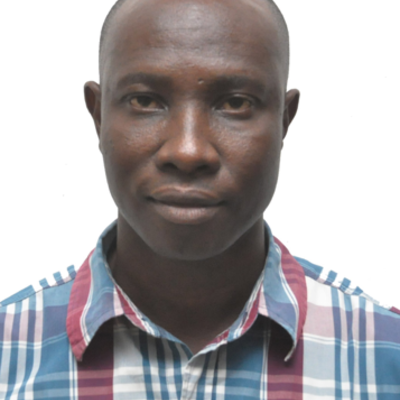Birgit Meyer - 30 September, 2022 Body, Food, Objects, Publications

Current position: PhD candidate, Madina Project
Past positions: Teaching and Research Assistant (Dept. of Sociology, University of Ghana)
Religious coexistence has become a topical issue globally. This study explores how health-seeking behaviour facilitate coexistence or cooperation between Muslims, Christians, and other religious groupings in Madina (especially, Madina Zongo). In furtherance to this, the study will examine the epidemiological pattern of the area, its sanitation status, types of health facilities available, the services provided by each facility, the level of utilisation of these facilities, the socio-demographic characteristics of health care providers and clients with particular focus on gender and space.
The study will bring to the fore the structures, mechanisms, practices and the dynamics that facilitate coexistence among diverse religious groupings through health-seeking behaviour. Also, findings from this study will add to deepen the insights in Modalities of Coexistence across varied religious persuasions in the context of the Religious Matters project.
There will be a focus on material culture: the use of charms, amulets, the Qur’an (Yasin), artifacts used by health care givers, objects within the health facility and any other means by which communication is carried out to enhance health care delivery is the dimension this study will address.

Perceived causes of Maternal Mortality- Community-based study, (2012, unpublished dissertation),
To Practice or not to Practice: Perspectives of Traditional birth attendants (TBAs) and Local communities in the Ga-West Municipality on the new reproductive and child health (RCH) policy in Ghana (2015, Published thesis on UGSpace).

Birgit Meyer - 30 September, 2022 Body, Food, Objects, Publications